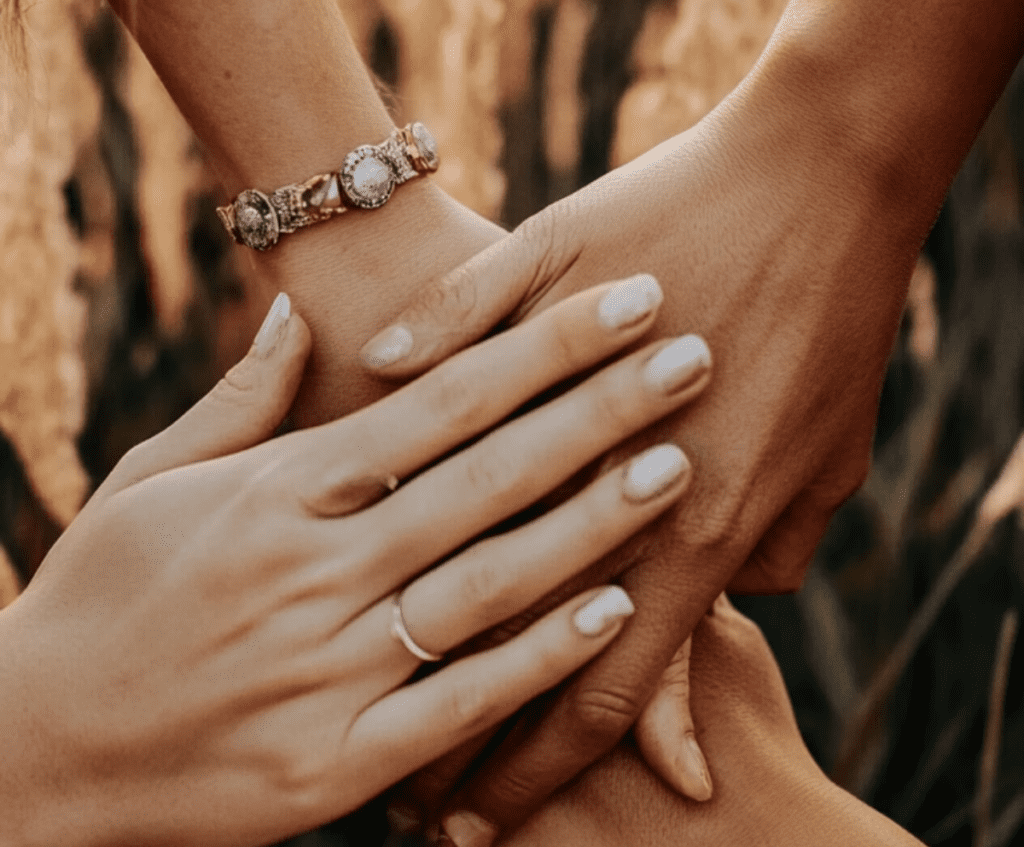Joint Pain in Menopause: Managing Discomfort and Staying Active
Those stiff, achy joints can feel like they’ve aged overnight—but there are ways to keep moving with ease.
Joint pain is a common menopause symptom caused by hormonal changes and aging. Fortunately, there are ways to alleviate discomfort and keep moving.




Joint pain can make even simple movements uncomfortable. Discover how you can relieve the aches and keep your body moving smoothly.
What is joint pain?
Joint pain during menopause can present as stiffness, aching, or swelling in joints like the knees, hips, or hands, often worsened by inactivity.
Take our free online assessment to discover the best treatment options tailored for you.
How common is joint pain during menopause?
Approximately 40-50% of menopausal women experience joint pain or stiffness, often referred to as “menopausal arthritis.

Common signs of joint pain
- Stiffness or discomfort in joints, especially in the morning.
- Pain that worsens with physical activity or after periods of inactivity.
- Swelling or tenderness around joints.
Self care tips

Low-impact activities like walking, swimming, and yoga can help improve flexibility and reduce stiffness.

Eating foods rich in omega-3 fatty acids (like salmon, walnuts, and flaxseed) can help reduce inflammation.

Drinking plenty of water helps lubricate joints and maintain overall joint health.

Medical treatments
Over-the-counter pain relievers or anti-inflammatory medications can help manage joint pain. For persistent discomfort, speak with your healthcare provider about physical therapy or other treatments.
Menopause and joint pain FAQs
Is joint pain common during menopause?
Yes, hormonal changes can affect joint health, leading to discomfort, stiffness, or swelling.
What can I do to relieve joint pain naturally?
Regular exercise, an anti-inflammatory diet, and staying hydrated can all help reduce joint pain.











